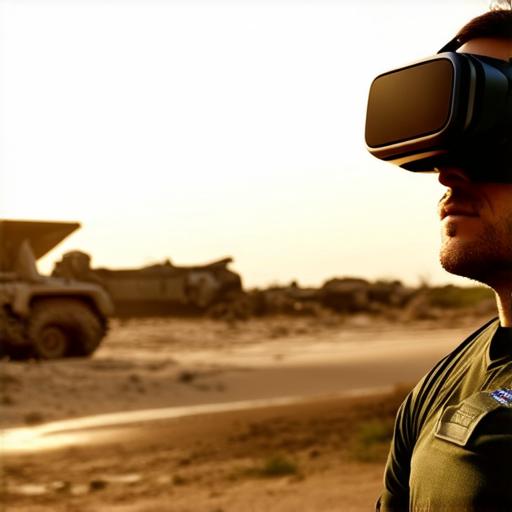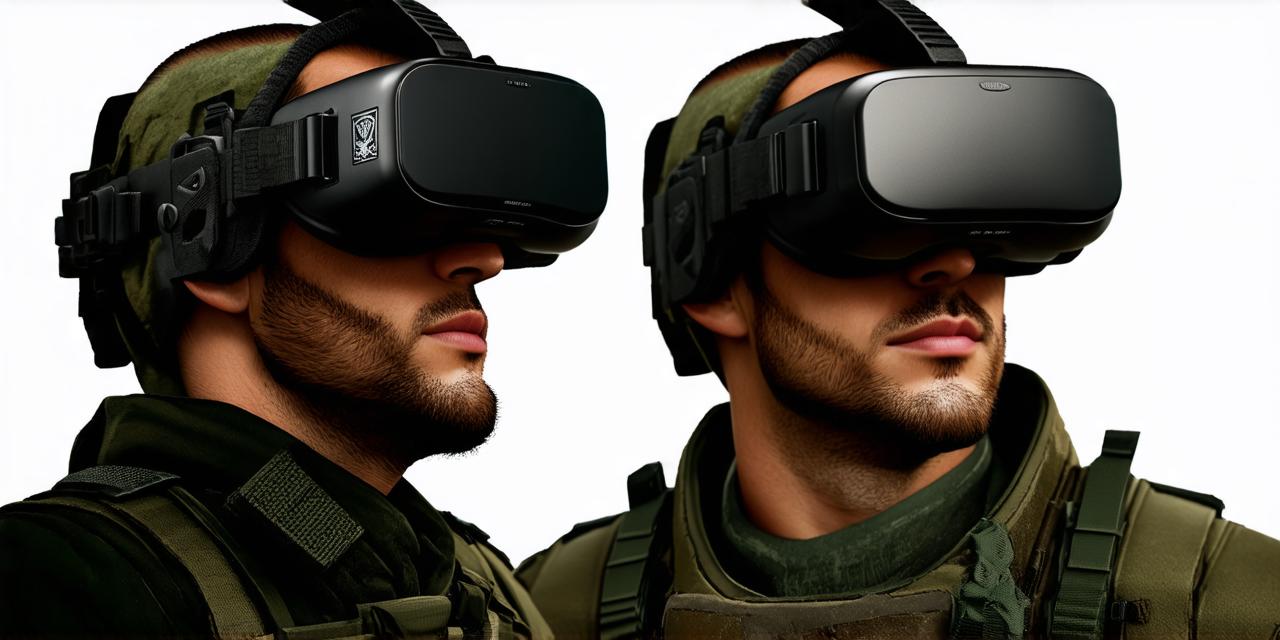Virtual reality (VR) therapy has become a promising tool for treating post-traumatic stress disorder (PTSD) in combat veterans. PTSD is a mental health condition that can develop after experiencing or witnessing a traumatic event, such as combat or natural disasters. It can cause symptoms like flashbacks, nightmares, anxiety, depression, and difficulty sleeping. VR therapy offers a safe and controlled environment for veterans to confront their fears and overcome them, making it an effective treatment option.
One of the primary benefits of VR therapy for PTSD is that it allows veterans to experience and process traumatic events in a simulated environment. This can help them to confront their fears in a controlled way, without the risk of re-experiencing the trauma in real life. By exposing veterans to virtual scenarios that mimic combat situations, they can learn coping strategies and develop resilience against PTSD symptoms.
Another advantage of VR therapy is its ability to provide immediate feedback and control over the environment. In traditional talk therapy, it can be challenging for therapists to accurately simulate a traumatic event and provide real-time feedback. With VR, however, therapists can adjust the intensity and duration of exposure to match the individual needs of each veteran. This flexibility allows for more personalized and effective treatment.
VR therapy also offers a level of anonymity and privacy that may be particularly beneficial for veterans with PTSD. Military service members often face stigma around mental health issues, and VR therapy can provide a safe space where they can work through their traumatic experiences without fear of judgment or discrimination.
In addition to providing immediate feedback and control, VR therapy also allows therapists to track progress and adjust treatment plans accordingly. By analyzing data on a veteran’s responses to virtual scenarios, therapists can identify areas where the veteran may need additional support or modification in their treatment plan. This can help to ensure that veterans receive the most effective and personalized care possible.

Overall, VR therapy offers numerous benefits for treating PTSD in combat veterans. By providing a controlled and simulated environment for exposure to traumatic events, immediate feedback and control, privacy, and progress tracking, VR therapy can help veterans to overcome their fears and develop resilience against PTSD symptoms. As research on VR therapy continues to grow, it is likely that we will see even more promising results in the treatment of PTSD in combat veterans.
